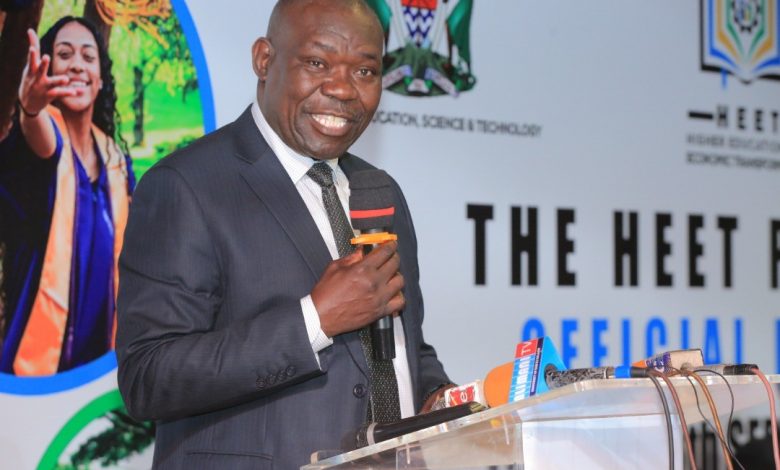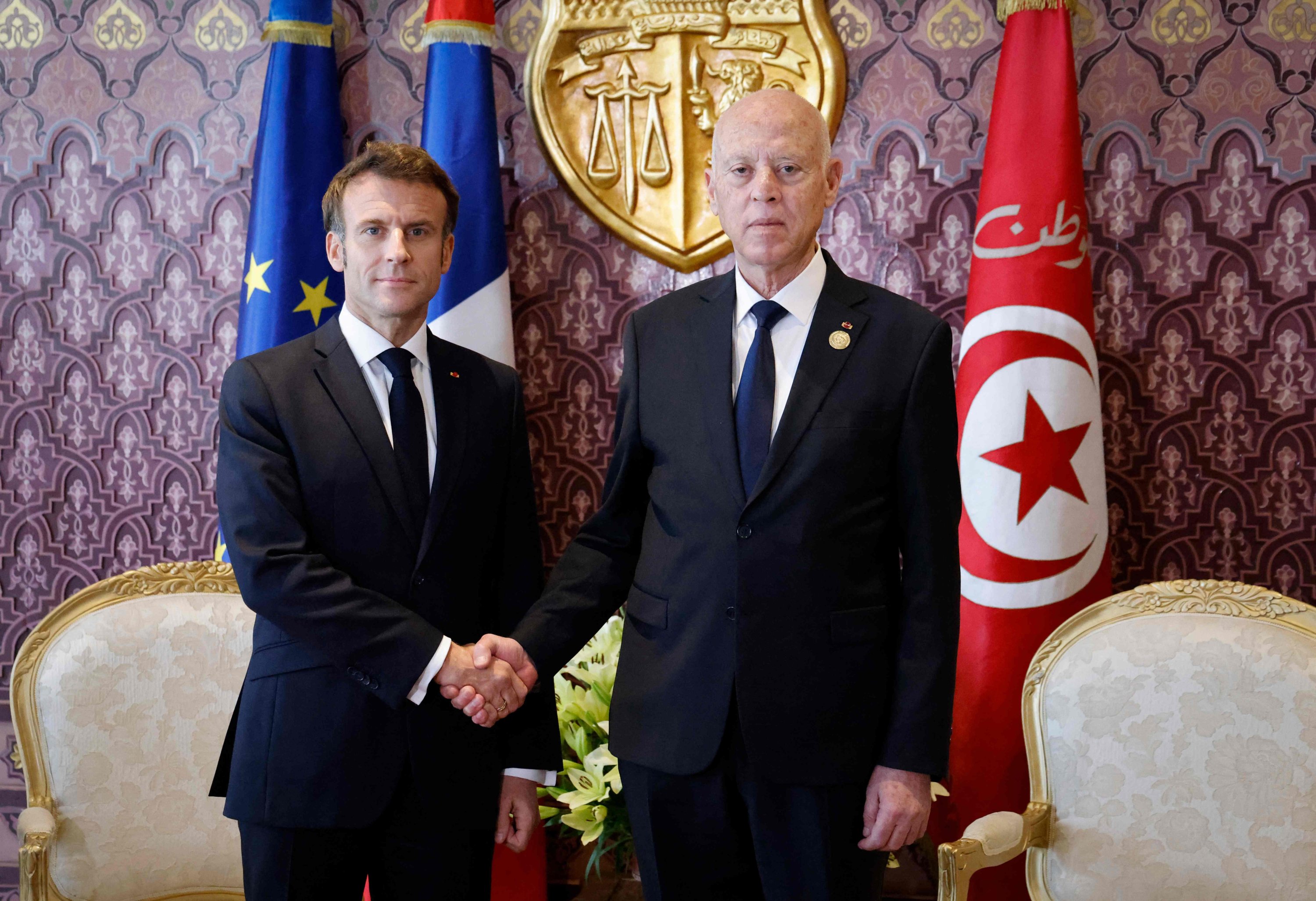In collaboration with the West Africa Competitiveness Programme-The Gambia (WACOMP-GM), the Ministry of Trade, Industry, Regional Integration and Employment (MOTIE) has inaugurated the Steering Committee and Working Group for the development of a National Laboratory Policy to strengthen the country’s competitiveness and enhance its integration into the regional and international trading systems.
Funded by the European Union, the WACOMP-GM project is co-implemented by the United Nations Industrial Development Organization (UNIDO).
The policy will guide the development of the required laboratory capability and capacity to address identified needs and challenges. It will assist in balancing current laboratory capacities and guide the efficient allocation of the scientific and technical professional staff and other laboratory-related resources within the laboratory infrastructure.
Joseph Ndenn, the National Technical Coordinator of WACOMP-GM disclosed this development during the Inauguration event.
According to him, the Laboratory Policy Steering Committee, under the chairmanship of MoTIE, is composed of decision-makers from all the ministries having a stake in laboratory testing. The committee is also expected to provide strong leadership in the strategic choices of the policy and to ensure the full and active participation of all key stakeholders in the development of the national policy document.
He said the process of developing “the national laboratory policy is a highly participatory and inclusive one, which will clarify the division of labour for all players in the testing laboratory landscape”.
The Policy, he added, would provide a framework for players to collaborate in the sustainable provision of the laboratory testing services needed in the country while ensuring maximum benefit/cost from public sector investments in the domain.
“The working group will review and analyze the national context and laboratory-related issues and formulate a draft laboratory policy document, he said, adding that the group is expected to undertake preliminary preparations including documentary review and validation of methodology and tools to be used, he added.
He concluded that the work includes collecting and processing data and information at both central and peripheral levels and subsequently presenting the information collected to the steering committee and receiving their contributions.
The UNIDO International Expert on Quality Infrastructure (QI), Prof. Dr Adalberto Vieira also stressed that the Policy will be a valuable tool for the government to unite all stakeholders around a common understanding of the current situation and the way forward. It would also help in directing available resources at targeted initiatives.
Prof. Vieira, who is providing technical assistance for the development of the Policy, said the development process of the document was designed to identify a set of activities/steps for the collaborative development and validation of the Policy as well as to identify the main stakeholders needed to carry out the planned activities.


